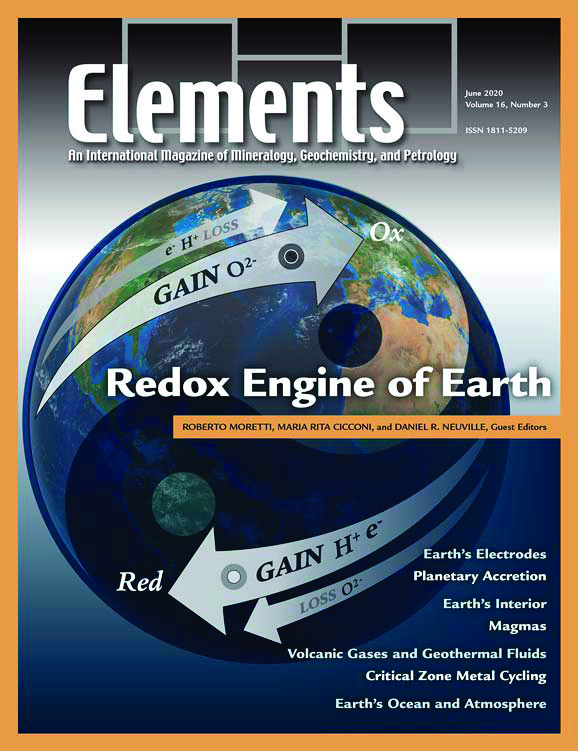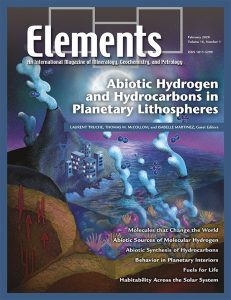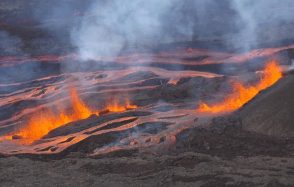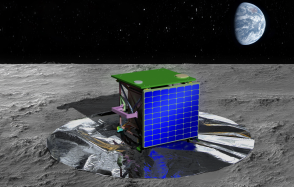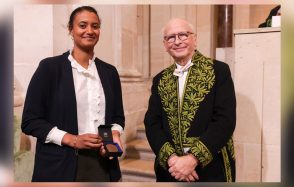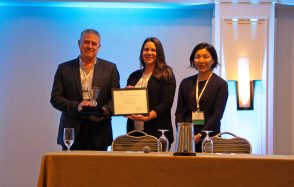Redox issue of the journal Elements, coordinated by IPGP researchers
The scientific journal Elements, published for 15 years by 17 learned societies mainly in mineralogy, petrology and geochemistry, publishes 6 thematic issues per year. The latest issue, dated July 2020, features articles by five IPGP authors on the theme of redox exchanges on Earth.
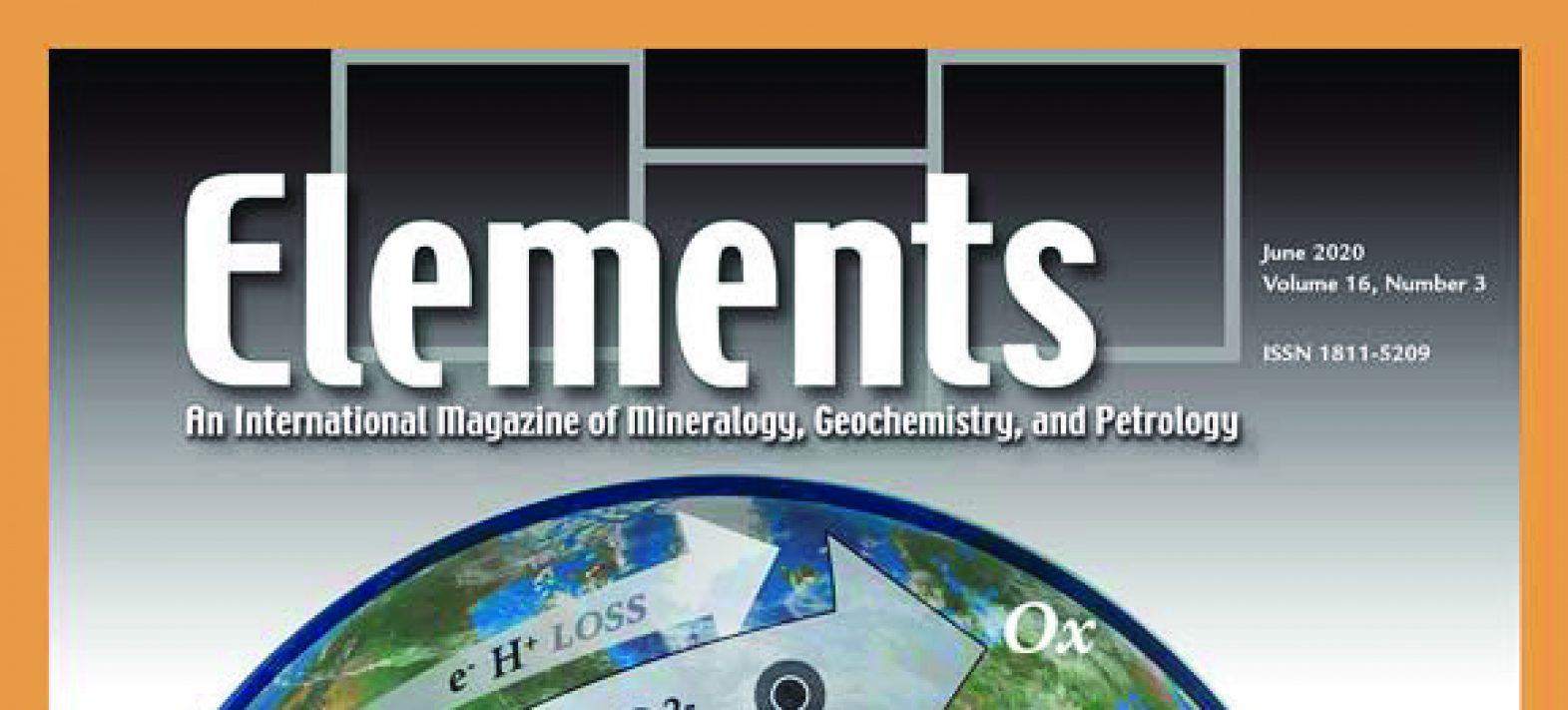
Latest news





